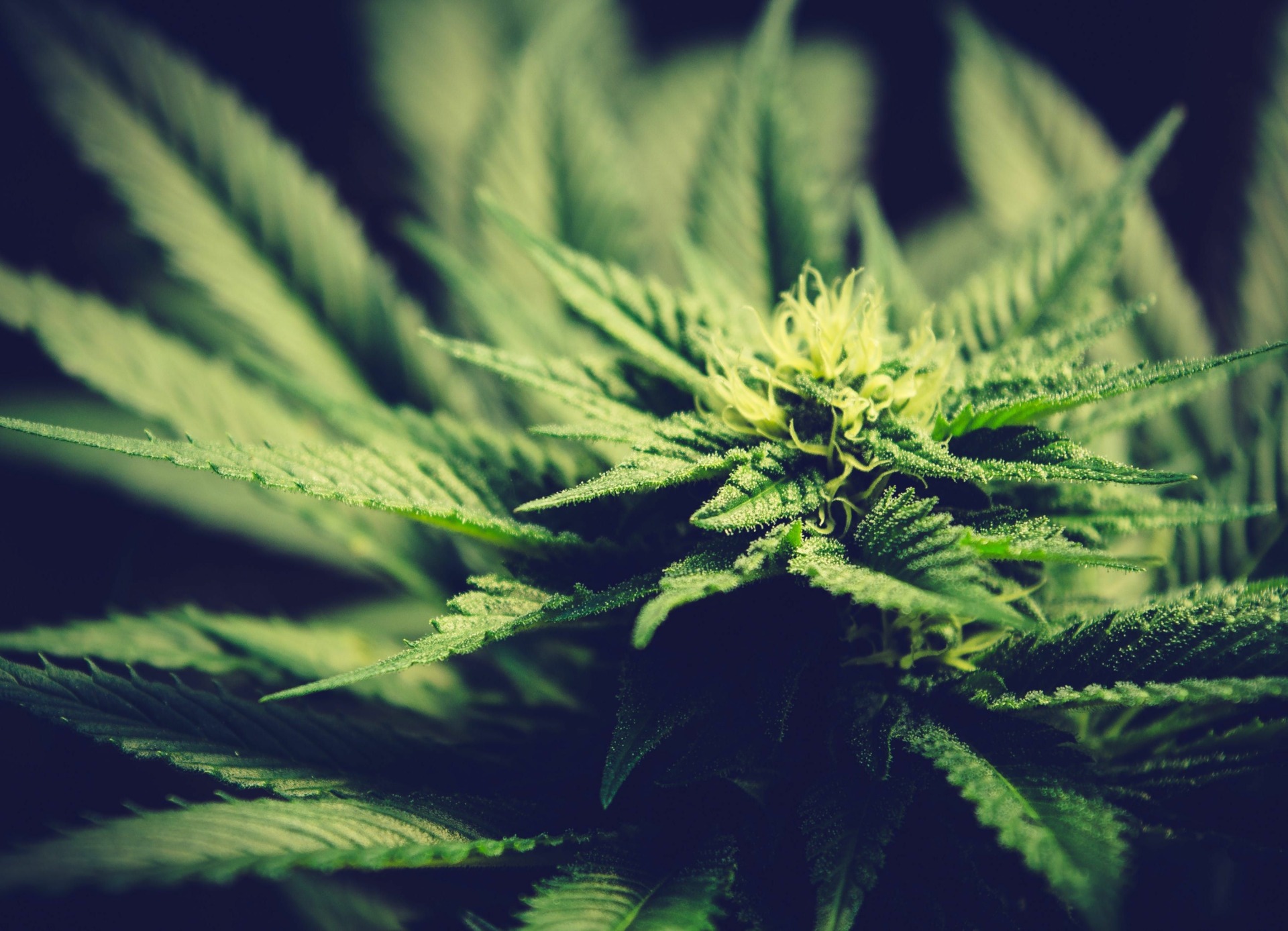Without a doubt, you’ve heard of antioxidants before, and you likely assume that they’re good for you. After all, food companies wouldn’t be so eager to market their products’ antioxidant properties if they didn’t offer some benefit. However, chances are you’ve never stopped to consider what antioxidants actually are or what they do.
Antioxidants are extremely important for maintaining your overall health. So, yes, you should consume products that boost your body’s production of antioxidants. And luckily, cannabidiol (CBD) happens to be a great way of doing that.
Let’s take a look at the science behind antioxidants and how you can use CBD to help promote their production in your body.
What Are Antioxidants & Why Do You Need Them?
To understand antioxidants, you first need to understand oxidation, which is also known as reduction-oxidation reaction—or redox for short. Oxidation is a chemical reaction by which one atom transfers an electron to another atom. We actually see oxidation in nature all of the time, like when a fire ignites or metal turns to rust.
But what does oxidation have to do with your health? Well, when human cells in the body create energy, they produce what’s called a free radical, which is a leftover waste molecule. Certain factors can lead to an overabundance of free radicals in your body, such as:
- Smoking
- Stress
- Pollution
- UV light
As a single-electron atom, a free radical is problematic as it attempts to steal electrons from healthy, double-electron atoms in the body. When one of these atoms loses an electron to a free radical, it becomes a free radical itself. This creates a domino effect because even by stealing an electron from a healthy atom, the free radical still remains a free radical.
This electron-stealing process is known as oxidative stress, and it’s not good for your health. Just like metal rusting, oxidative stress causes our bodies to decay at the cellular level, and if left unchecked, it can lead to some very serious diseases. For example, oxidative stress is associated with an increased risk of:
- Heart attacks
- Parkinson’s disease
- Cancer
- Alzheimer’s disease
Thankfully, to combat oxidative stress, our bodies naturally produce antioxidants, and we can help boost their production levels through the foods we eat. The most beneficial foods in this area are high in vitamins C and E, such as:
- Grapes
- Blueberries
- Dark chocolate
- Kale
- Nuts
CBD Is a Great Promoter of Antioxidants
Another great source of antioxidants happens to be cannabis, specifically CBD. While CBD is derived from cannabis and the hemp variety of the cannabis plant, too, it doesn’t make consumers feel the high commonly associated with the plant.
This high comes from tetrahydrocannabinol (THC), which is a completely separate compound from CBD. Hemp-derived CBD only contains at most 0.3% THC by law. So by choosing clean, lab-tested hemp CBD, you can safely enjoy cannabis’s health benefits without feeling a head high.
Believe it or not, it’s hardly new knowledge that CBD can help win the fight against oxidants. In fact, the discovery was made in 1998 by scientists at the National Academy of Sciences. They found that CBD has natural antioxidant properties, which combat cellular decay, particularly in the brain. Their work made the U.S. government take notice. And since 1999, the government has held a patent on the antioxidant properties of cannabinoids.
CBD’s antioxidant benefits stem from how it interacts with the endocannabinoid system (ECS). The ECS is involved in many of our physiological and cognitive functions, such as:
- Memory
- Pain
- Appetite
- Mood
- Fertility
Perhaps most significantly in terms of antioxidants, the ECS plays a big role in regulating the health and regrowth of cells.
RELATED: 6 WAYS CBD GOES TO WORK IN YOUR BODY
Cannabinoids, like CBD, interact with the ECS’s network of receptors. Specifically, CBD is known to interact with the CB2 receptor, which regulates the health of brain cells. By promoting antioxidant effects through the CB2 receptor, CBD has been shown to be a potentially useful tool for fighting off degenerative neurological diseases.
How to Use CBD to Fight Against Oxidation
Studies have also found that not only can cannabis slow down the oxidative process, it can even reverse some of its worst effects. But there’s some debate over how consumers can get the most out of CBD’s antioxidant-promoting properties.
RELATED: 6 MISTAKES HEMP CBD NEWBIES MAKE
Some studies have found that CBD works best as an antioxidant when it’s consumed as part of the whole cannabis plant, rather than as an extract. If you’re not interested in consuming cannabis in any form, you can take full-spectrum CBD derived from hemp. Full-spectrum hemp contains a number of cannabinoids, most of them in trace amounts except for CBD and CBDa, along with vitamins, minerals, fatty acids, flavonoids and more.
For regular, daily CBD to help reduce the free radicals in your body, you’ve got lots of options, including:
Take a hemp CBD capsule while munching on your morning granola and blueberries or include some hemp CBD oil in your kale salad dressing, and you’ve done a great job in helping your body fight off those dangerous free radicals.
Photo credit: Esteban Lopez
Want to try CBD, but don’t know where to start? Shop our selection of high-quality, lab-tested CBD products and have them shipped to your door. If you have questions about CBD, ask them here and our community will answer.






